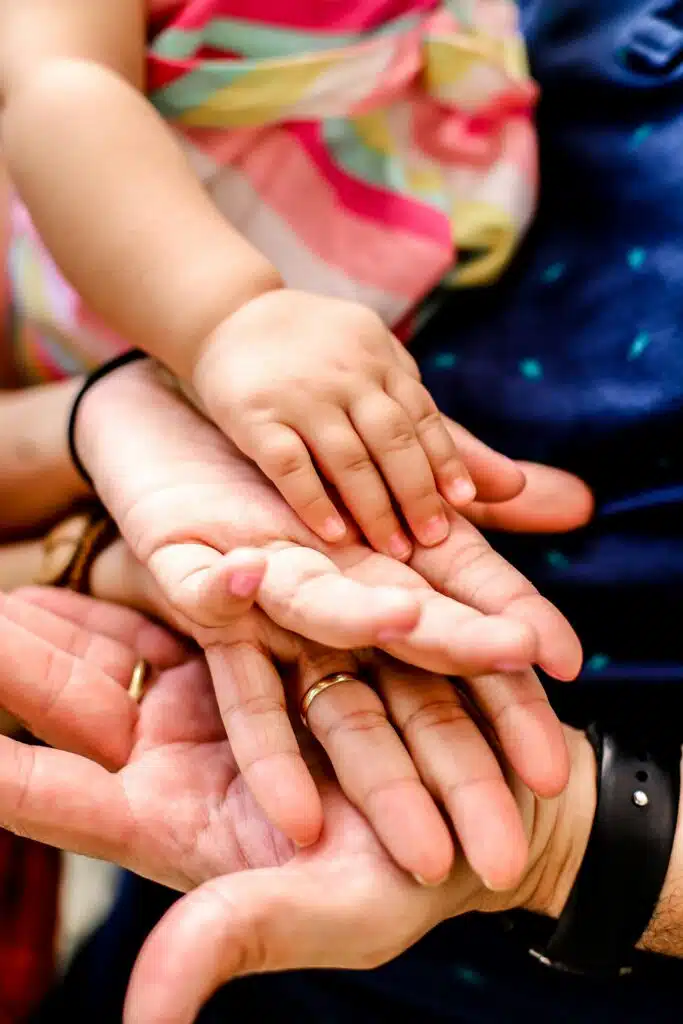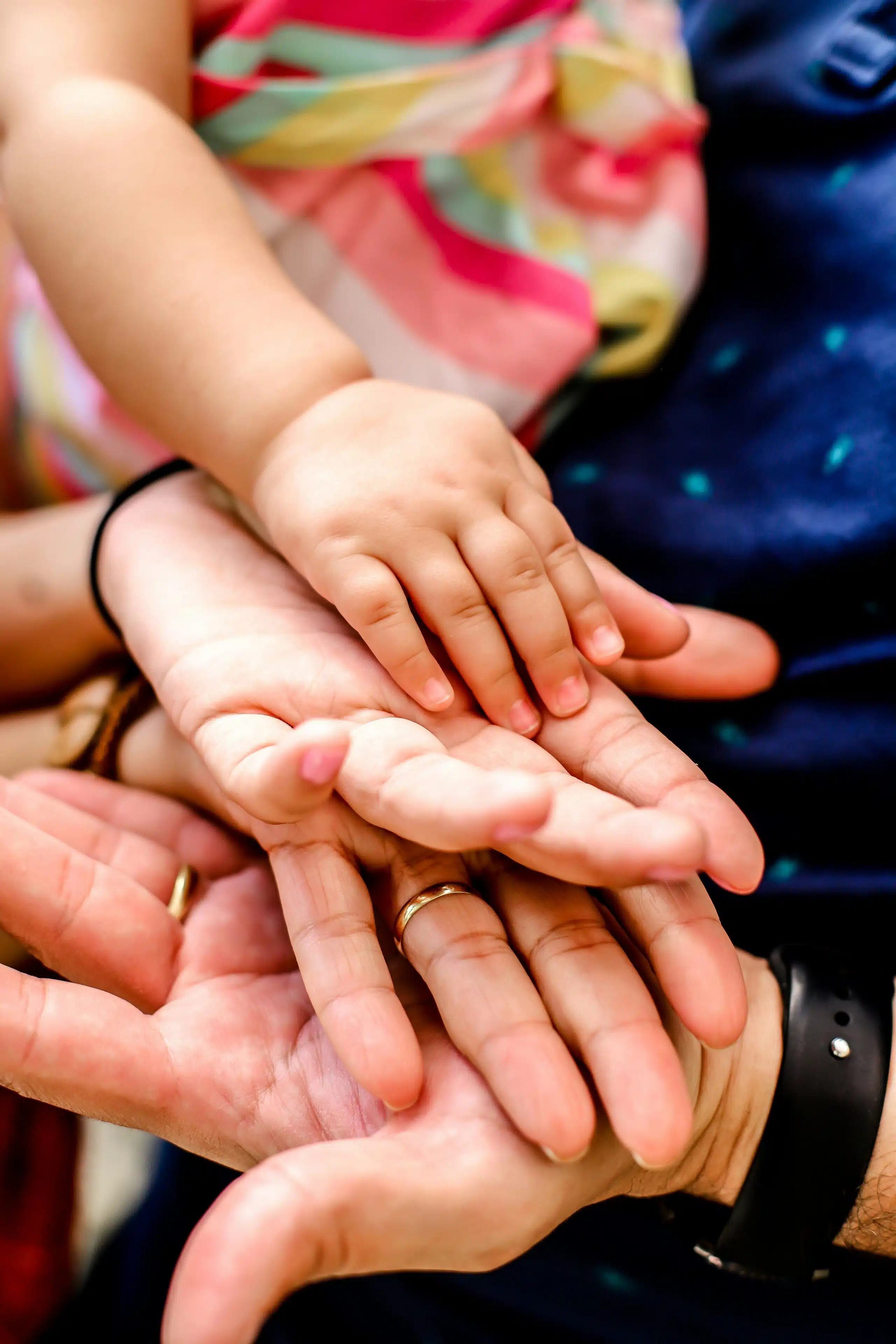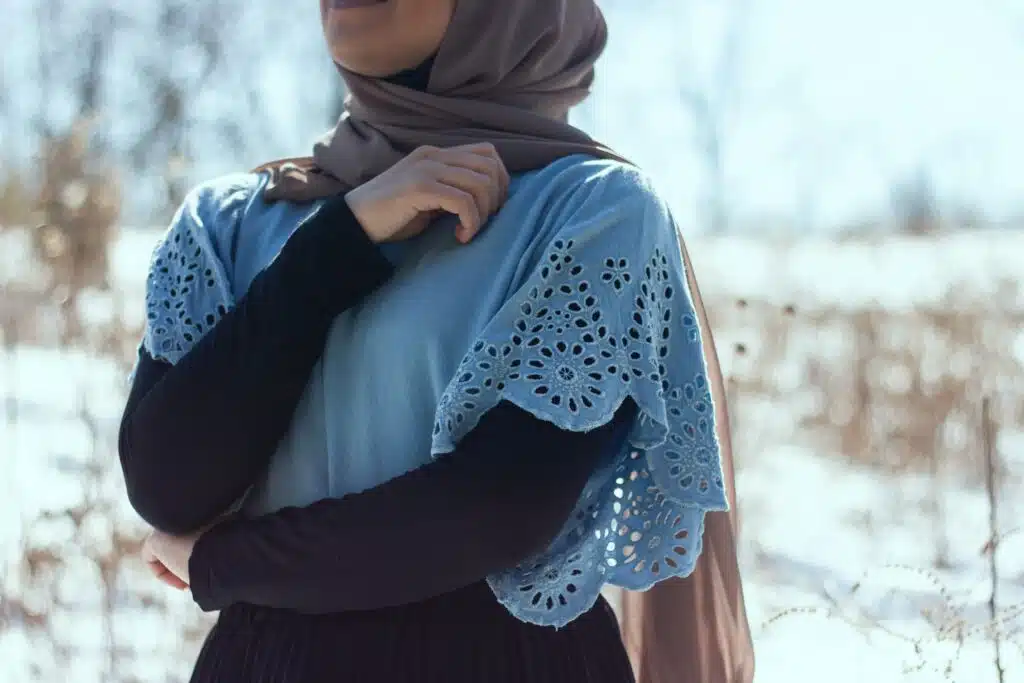From Tragedy to Restorations: When equality feels like handcuffs, Article 4 of 10

When equality feels like handcuffs
Article 4 of 10

By Elizabeth Lane Miller and Helene Fisher,
Gender and Religious Freedom (GRF)
This article is part of the series Pursuing Partnership: Men and Women in Ministry.
I (Helene) first moved to eastern France during the first Gulf War. My rural neighbors were following the war on CNN in real time. To their eyes, the big bad US military was throwing their weight around one bomb at a time. Who better to vent their frustrations than the young American in front of them? “Did you see? Did you hear? The damage! The lives lost!”
I was completely taken aback. Was I supposed to apologize for being American? Yes, my American passport gave me unequal freedom and privileges, but I hardly had a hotline to the White House!
In reality, my new neighbors were asking me to hear them – to sympathize with their helpless frustration of felt inequality on the world stage.
Inequality is something we all hate.
Restorations IRL says Distortion #1: Some people achieve better status than others. The relational effect of this distortion is Inequality.
We all face inequality. Every single human being can cite instances in which they felt that they did not get a fair shake, that their contribution or voice was somehow mysteriously sidelined or belittled. Most of us aren’t seeking preferential treatment; we would just like to be treated with a normal amount of consideration.
So why does the mere mention of equality sometimes make us feel attacked? And confused? Am I supposed to feel bad about a privilege I never sought?
A call for equality sometimes feels like being offered a pair of handcuffs when we’re not aware of having committed a crime.
Even the mention of women’s rights and equality can rightly make men feel defensive – has the world forgotten men’s human rights? It can feel more than ever that men are now the uncelebrated, unappreciated workhorses – the solid but silent pillars who get kicked even as they uphold the fortresses which protect their loved ones. What will so-called “equality’’ take away from them?
And, honestly, is inequality a missions issue? Yes it is.
In many parts of the world, a lack of rights for women isn’t subtle, but is part of the fabric of everyday life and culture. Women where we live and minister cannot walk down a street alone without being harassed, or have their own bank account, or have an equal voice in court. Both Half the Sky and Scars across Humanity tracked for popular reading the extent to which the suffering of women in the world is staggeringly disproportionate.
In some countries, when widowed, women lose their status in the community and risk also losing their home or rights to their children. One widow in the Central African Republic (CAR) told us that her dead husband’s family had taken everything, and hadn’t even left her with a soup ladle even though she used to host them and regularly feed their children. And she had been the pastor’s wife.
Her husband was killed by militant extremists in CAR because he was a Christian pastor. But it wasn’t the extremists who put his wife and children in the street; it was the Christian family. They believed that a wife was not an equal partner under the law and deserving of inheritance.
Research shows that church complacency about inequality can be used within religious persecution in order to have the church finish the work of the persecutor.
In the case above, not only did the church fail to be the social safety net for the pastor’s widow, but the church’s witness became twisted into a demonstration that cultural traditions outweighed human value in Christ, compassion and love.
When Jesus told Peter not to lord it over the other disciples, he was not trying to restrict or condemn Peter, nor was it merely for the benefit of the other men. Jesus also wanted Peter to see the handcuffs that inequality would bring to him. Treating others as having lower status in any sense, is bad for our own souls, an invisible but subtle constriction on the soul.
Inequality actually shackles those on top by:
1. Pressuring them to seem perfect.
2. Forcing them to be emotionally distant, isolated and on their guard.
3. Weighting them with the sole responsibility of decision-making.
4. Encouraging a default mode of controlling behavior.
5. Making them fearful that others will damage their honor.
Broken systems – including those which reinforce inequality – are bad for everybody. In systems of inequality, no one wins.
True equality can only feel like handcuffs if I have more than my fair share. But, when equality feels like handcuffs, it should remind us of how suffocating the straight jacket of inequality is for those without status. True equality frees me to live without constantly grasping for status or respect, but instead open-heartedly rejoicing in our shared dignity in Christ.
Next week in Woman of God or WITCH: what happens when we aim our distrust and defenses on the wrong person by Mis-Identifying the Adversary.
With permission: Throughout this series we will draw upon the church training material available through restorationsirl.com. Elizabeth and Helene are the pioneering co-authors of Specific Religious Persecution reports published between 2018-2023 by Open Doors International’s World Watch Research.
This article is submitted by Wendy Wilson of Missio Nexus and of Women’s Development Track. Women’s Development Track is a Missio Nexus member. Member organizations can provide content to the Missio Nexus website. See how by clicking here.



Responses